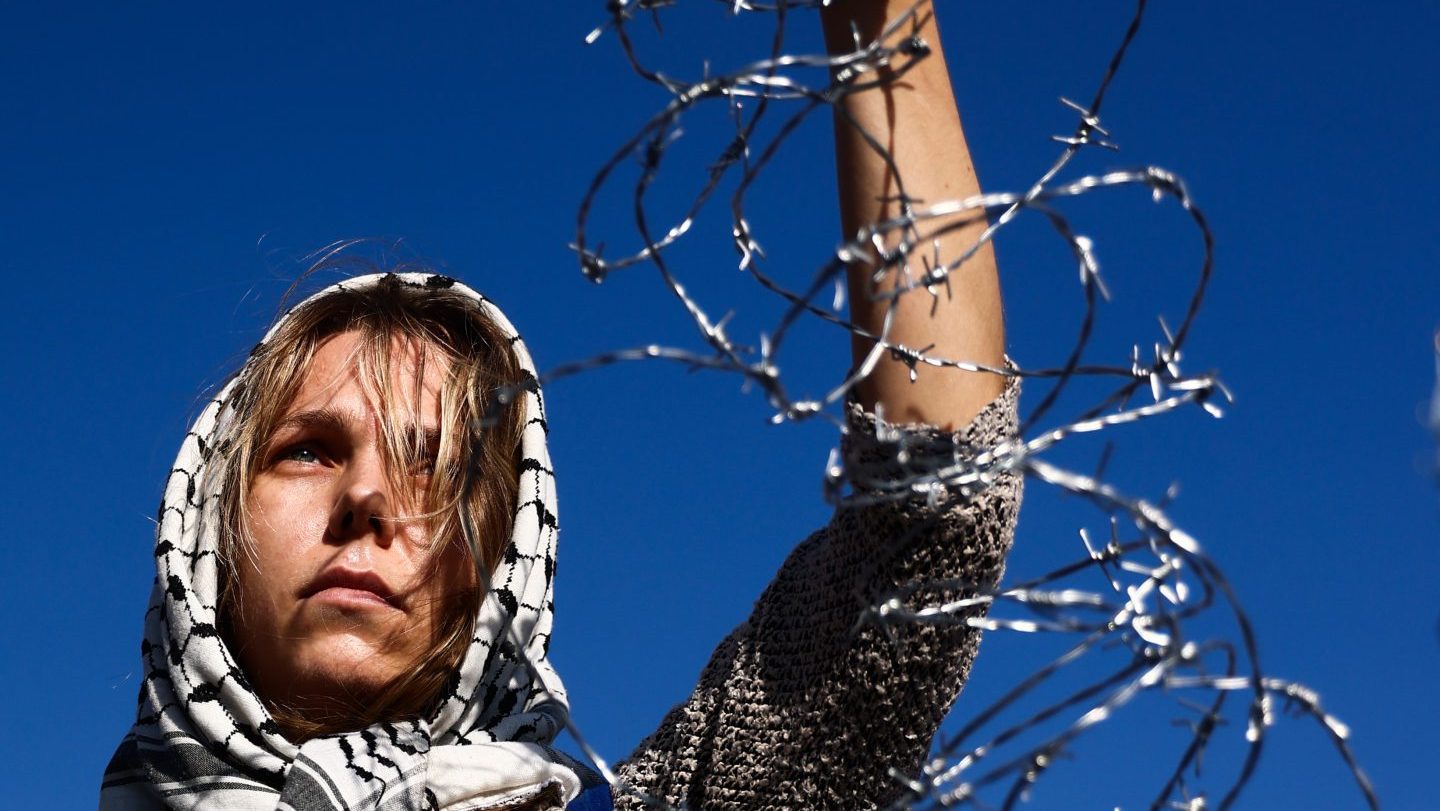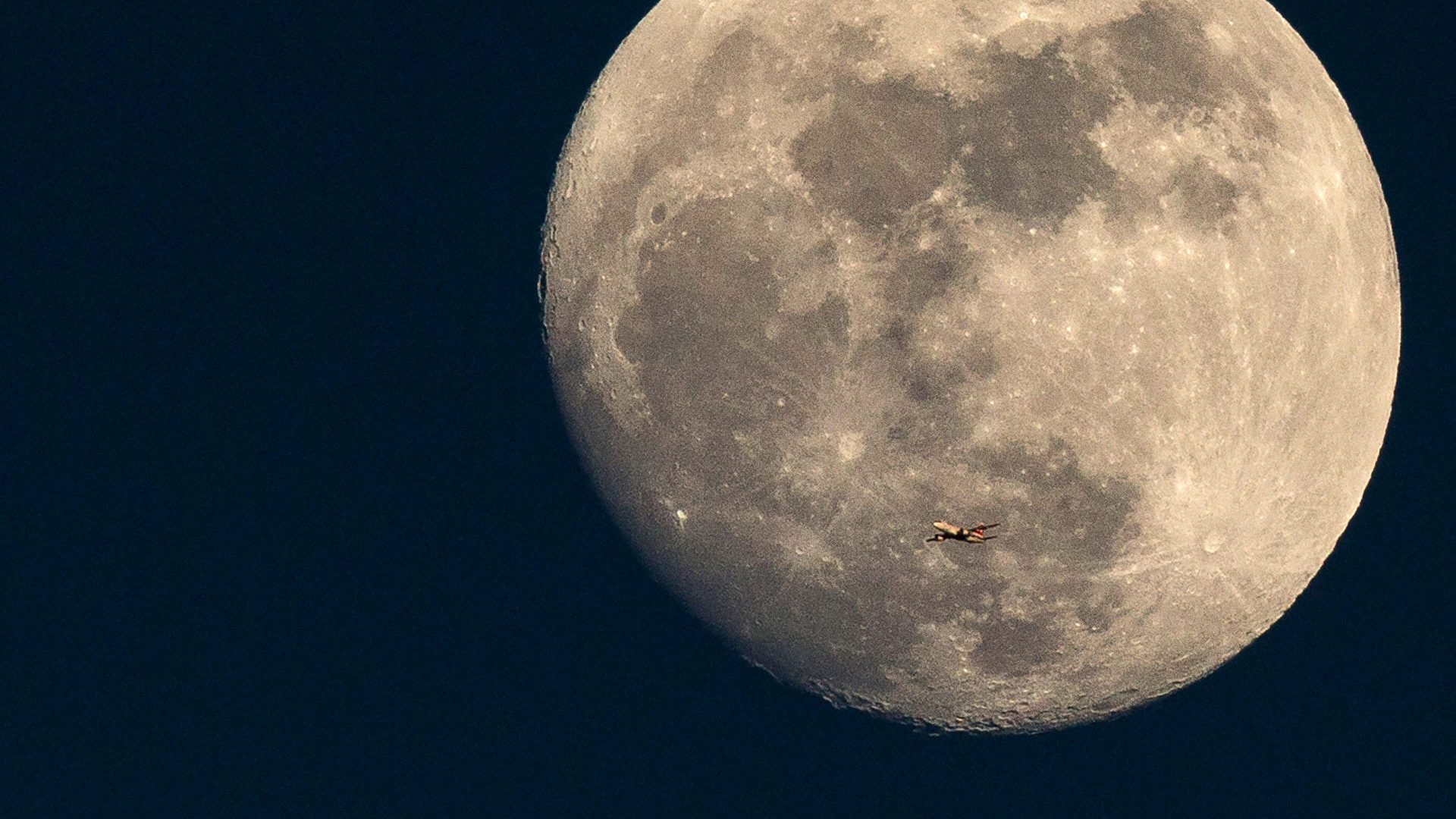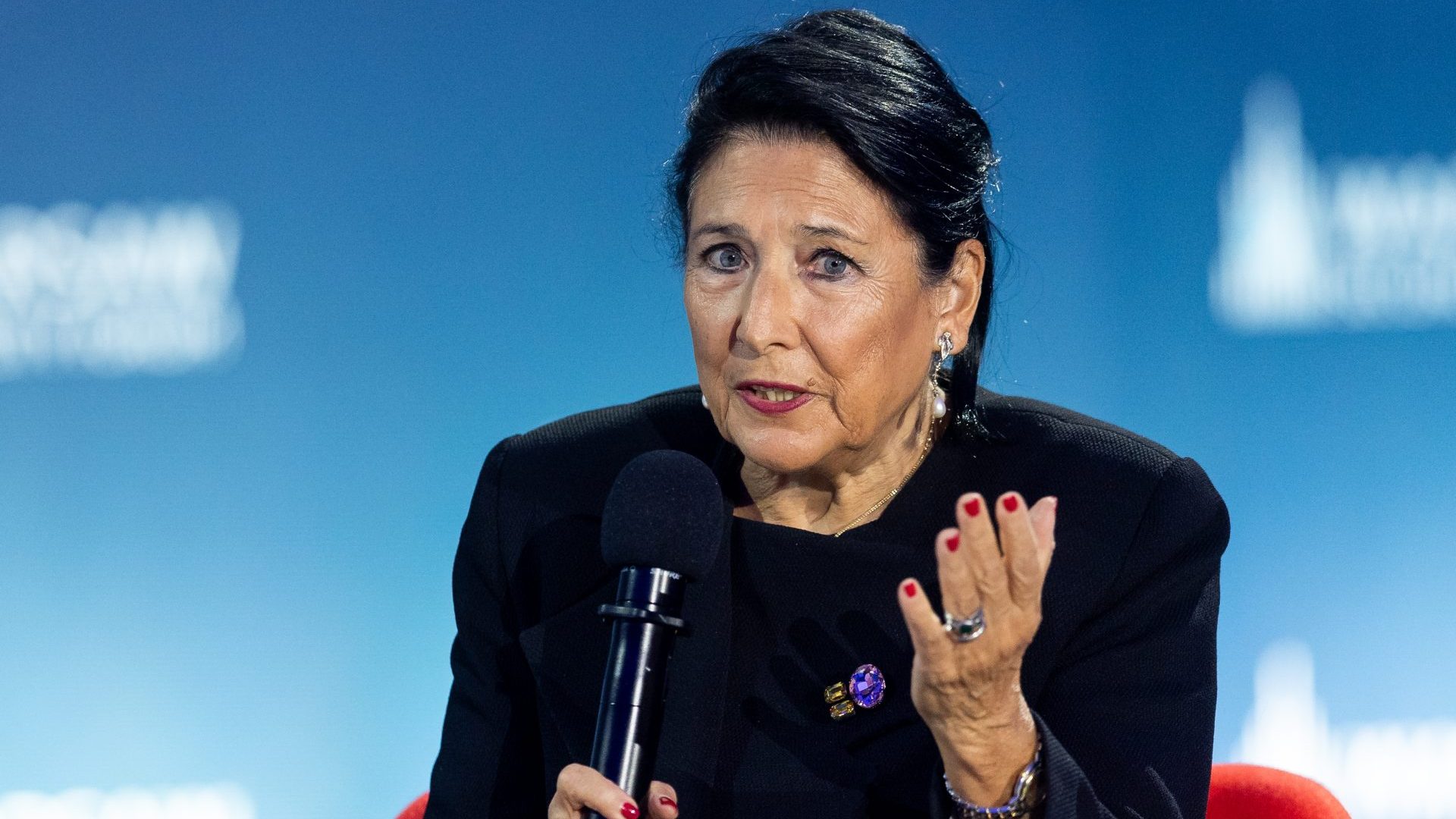Preparations are being made for Belarus’s 2025 presidential vote – the security services are knocking on the doors of activists and their families, out of uniform and unannounced. Their only message: stay at home – or else.
Scheduled for January 26, Belarus’s presidential vote is expected to be little more than a sham. President Alexander Lukashenko, who has ruled Belarus for more than three decades, will run against several unthreatening token challengers to secure his seventh term. Any serious contenders to Lukashenko’s rule remain in exile or behind bars.
The dark mood is in stark contrast to Belarus’s last presidential election in the summer of 2020, when large-scale vote rigging and the government’s constant failures during the Covid-19 pandemic pushed thousands of Belarusians to protest. Over weeks and months, crowds mounted one of the most meaningful challenges to the regime in a decade, with an overwhelming display of public defiance.
The journalist and media manager Maria Yeryoma was among those who took to the streets in August 2020. She remembers Minsk’s self-declared “neighbourhood of change”, which became the centre of the democracy movement. Suddenly, unexpectedly, there was hope.
“Wherever you went, the streets would be filled with people with flags, going to the same protest as you. At that point, the fear was replaced with a sense of belonging,” she says. “You realised that you were not alone.”
Then came the violence. Belarusian riot police responded to the crowds by beating and arresting peaceful protesters en masse.
Maria remembers hearing a recording of jailed protesters being tortured at the infamous Okrestina Detention Center. “We heard animal screams. I remember hearing that recording as if it was yesterday,” she says. “At that point, we realised that we were up against something very sinister.”
The violence ultimately crushed the unrest, despite the determination of Belarusians to keep moving forward – Maria herself was jailed for 13 days at a protest in November 2020, more than three months after the main presidential vote.
Minsk has gone through a cycle of violence and political rehabilitation. Belarus was under EU sanctions when it used crushing force against protesters in 2010, but a relatively peaceful election in 2015 saw the European Council lift most of those measures.
Without real commitment, and with an uneventful 2025 election beckoning, activists fear this pattern of condemnation and forgiveness will simply continue – all while Belarus becomes increasingly more repressive.
Hundreds of political prisoners remain in brutal conditions in Belarusian jails, often denied medical care and meetings with lawyers and relatives. Viasna, the Belarusian human rights centre, estimates that there are at least 1,280 political prisoners behind bars, as well as 2,300 released over the past four years. At least seven people have died in detention.
Viasna’s view is that: “The conveyor belt of repression that began in 2020 has not stopped – with the new elections, it is only gaining momentum.”
Elsewhere, thousands more pro-democracy Belarusians have been pushed into exile. The artist Sasha Velichko creates work on media manipulation and propaganda, realities she faced firsthand living in Belarus. Velichko has been forced to live abroad for the last three years, unable to return home even for her grandfather’s funeral.
Even now, reflection on the 2020 protests can be difficult; Velichko says she often hears others criticise the protests or condemn their non-violent nature.
“Many now offer retrospective advice about what ‘should have been done’,” she says. “[But] people managed to self-organise, create a platform to track votes during the election, and take to the streets daily, despite brutal repression. At a time when law enforcement was killing, raping, breaking bones, Belarusians continued to fight.”
While the optimism of 2020 has passed, Velichko believes that change will come. “History has shown us that no regime lasts for ever, and even the most oppressive systems eventually crumble,” she says.
However, many fear that without real political will from Europe and the west, their wait will only grow as Belarusian repression remains unchecked.
“Belarusians chose the path of nonviolent resistance. But in an authoritarian dictatorship, without international support, such methods lose their effectiveness,” Velichko says.
“Europe failed to take decisive action: economic relations with the illegitimate government continued, tough sanctions were not imposed. All of this exacerbates the situation. And the regime does everything in its power to hold on to control.”
Katie Marie Davies is a reporter covering Russia and Eastern Europe



